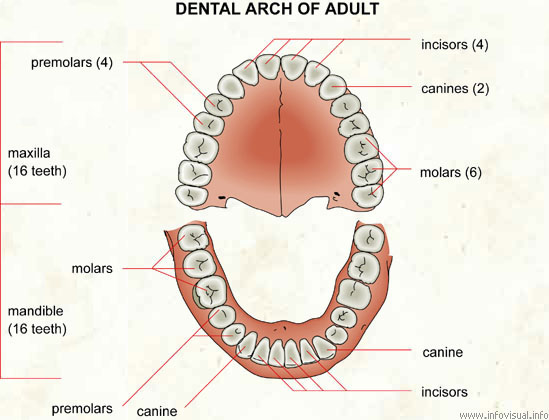Consequences of Not Flossing Teeth: the study showed that those who flossed daily had 62% less plaque build-up than those who only brushed their teeth.
there’s a reason your dentist recommends you floss and brush daily. These consequences of not flossing will make you think twice about skipping this important part of your routine.
Plaque is a bacteria that causes tooth decay and cavities. Not only does flossing help remove plaque, but it also helps remove food particles and bacteria from in between your teeth and gums and areas that your toothbrush can t reach.
Here is what happens over time when someone doesn’t brush their teeth:
Gum Disease
One of the consequences of not flossing is that it can lead to oral health problems. Gum disease is one of the most common oral health problems, and it can be caused by poor dental hygiene. Gum disease is a form of gum disease that can damage the gums and bones around the teeth.
If left untreated, gum disease can lead to periodontal disease. Periodontal disease is a more serious form of gum disease that can cause tooth loss and damage the gums and bones around the teeth.
Tooth Decay
Tooth decay is one of the main consequences of not flossing.
Tooth decay is a condition that occurs when the teeth are exposed to plaque and bacteria for a long period of time. This can lead to cavities and other dental problems.
Infection
If you don’t floss, you’re also at risk of developing an infection. This is because plaque and bacteria can build up in your mouth and lead to an infection. The infection can then spread to other parts of your body and cause serious health problems.
Cavities
One of the most well-known consequences of not flossing is cavities. Plaque t can eat away at your tooth enamel. This can lead to small holes in your teeth, which are known as cavities.
Cavities can be painful and can cause Tooth decay. They can also lead to other dental problems, such as root canal infections. brushes and flosses can remove plaque.
Bad Breath
Another consequence of not flossing is bad breath. When food particles and bacteria are allowed to build upon the teeth, they can cause bad breath. Bad breath can be embarrassing and it can also be a sign of other dental problems.
Heart Disease
heart disease has also been linked to poor oral hygiene. Studies have shown that people with gum disease are more likely to have heart disease. This is because the bacteria that cause gum disease can also travel to the heart.
All of these consequences of not flossing are important reasons to make sure you add this part of your routine to your daily life. Flossing is an essential part of oral health and it can help prevent a number of serious problems down the road.
Here is a great article about How to build a flossing habit.
What Happens If You Don’t Floss?
Dental care is essential for good oral hygiene, but many people do not realize the importance of flossing. Flossing is just as important as brushing your teeth, and it is recommended that you do both twice a day.
If you don’t floss, you’re at risk for a number of dental and overall health problems. These include gum disease, tooth decay, cavities, bad breath, and heart disease. Flossing is an essential part of dental health and it should be done every day.









